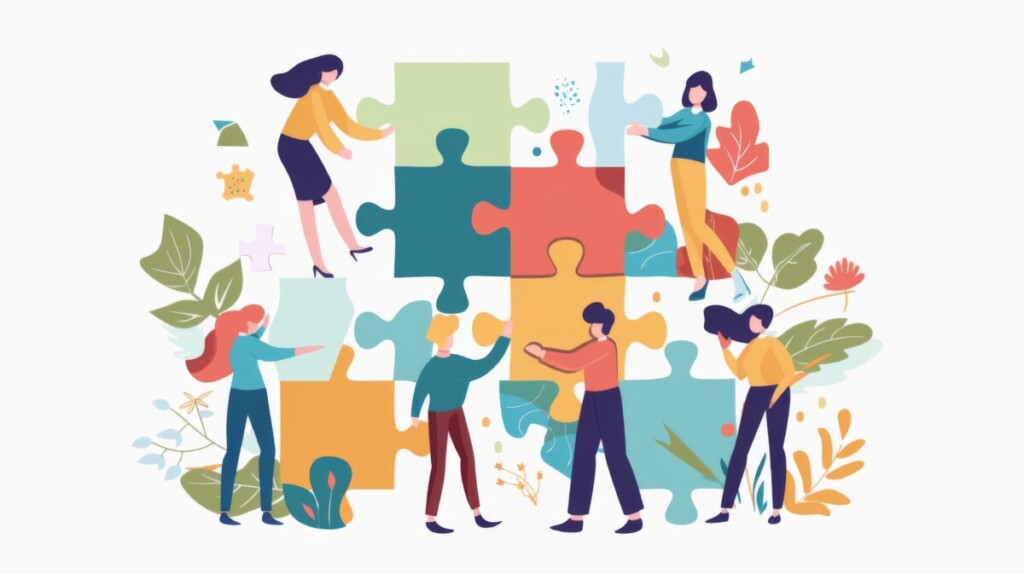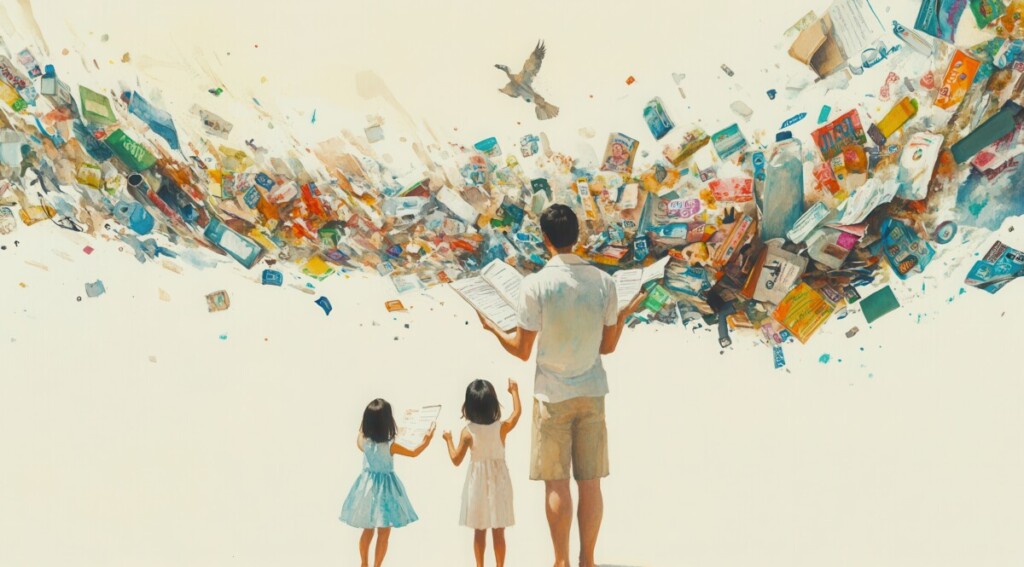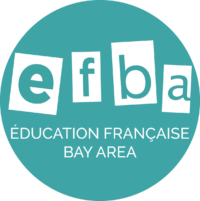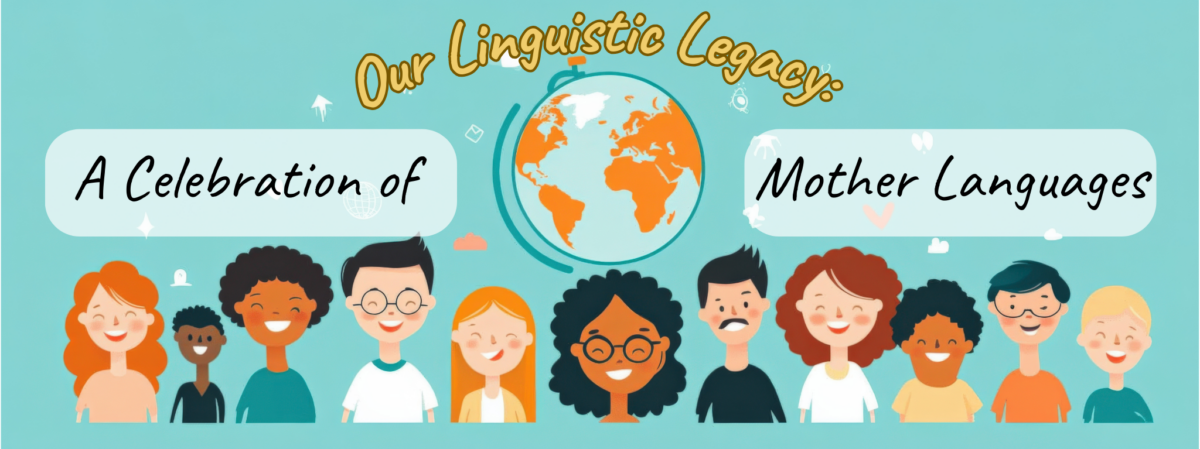Ever tried explaining a subtle joke in a language you’re just learning? It’s like trying to herd cats—adorable, but chaotic. That’s the beauty (and delightful frustration) of language! Annually on February 21st we observe International Mother Language Day, and carry the celebration with us throughout the year. Today we’re raising a metaphorical (or literal, if you’ve got one handy) pastry to the magnificent world of mother languages.
Forget time machines. Want to teleport to your childhood, or connect with generations past? Speak your mother tongue! It’s the ultimate linguistic time warp! These languages, passed down through families and communities, are more than just words; they’re the secret ingredients to our identities.

Why are these languages so vital? Let’s break it down, with a sprinkle of wit:
Cultural Time Capsules
Mother languages are like mini-museums, preserving traditions, stories, and those quirky family sayings that make you snort with laughter.
Identity Superpowers
Speaking your mother tongue is like having a secret identity. It connects you to your roots and gives you a sense of belonging. Plus, it’s a great way to confuse eavesdroppers!
Brain Boosting Fun
Did you know multilingualism is like a workout for your brain? It makes you sharper, quicker, and better at solving puzzles – like figuring out why your grandma always calls you “mon chou” (my cabbage).
The Great Pastry Debate
Speaking of cultural differences, let’s address the elephant in the French bakery: “pain au chocolat” vs. “chocolatine.” It’s a linguistic battle that rivals any historical feud! Depending on where you are in France, one of those two words will cause a french baker to either smile, or give you a very stern look. This is a perfect example of how language can be so regional, and so culturally important. And it is very fun to discuss. So which team are you on?
The challenge to maintain one’s language is a very real, and historically common struggle. The Bengali language movement, which took place in 1952, powerfully demonstrates this. It was a fight to have the Bengali language recognized in government and education, showing that mother tongues are not just personal, but also deeply political and essential to a community’s identity and survival. This movement is a strong example of why we dedicate a day to mother languages, and why we should always fight to preserve them.
So, how can we keep these linguistic treasures alive?
Speak your Heritage
Encourage kids to learn and use your mother tongue, even if it sounds like a secret code to everyone else.
Story Time Extravaganza
Share those family stories, sing those silly songs, and keep the traditions flowing.
Be a Language Superhero
Support community programs that celebrate language diversity.

Let’s celebrate the beautiful, messy, and utterly wonderful world of mother languages. Because in a world that’s constantly changing, our linguistic roots can keep us grounded.

English text written by Bianca Monaco
French text written by Julia Peillon
Looking for more?
Explore our French programs: Summer Camps | Afterschool | Cultural Programs
Practice French at home with these activities created by our friends at DULALA (D’Une Langue A L’Autre)

